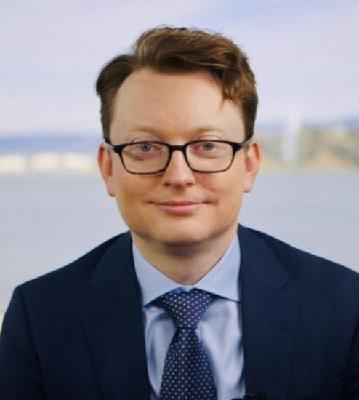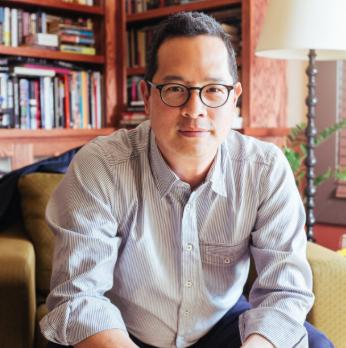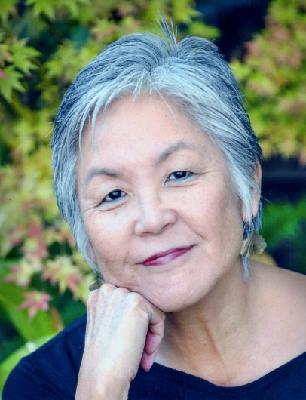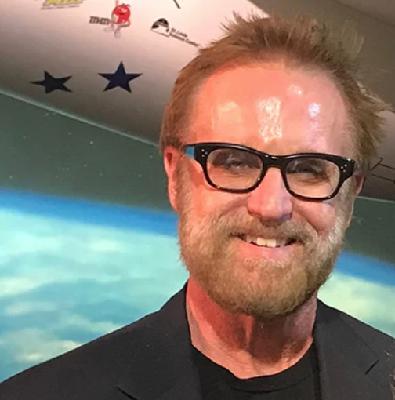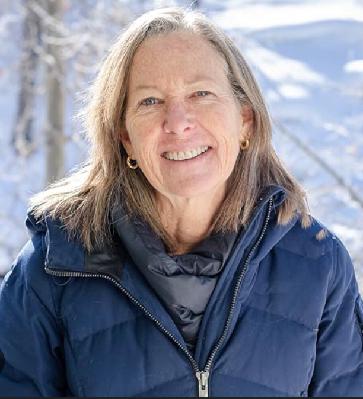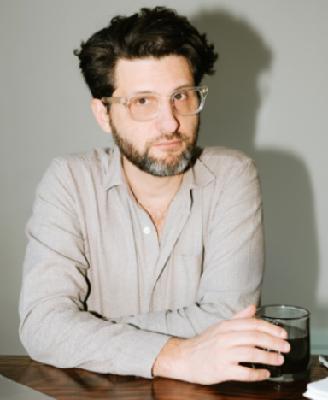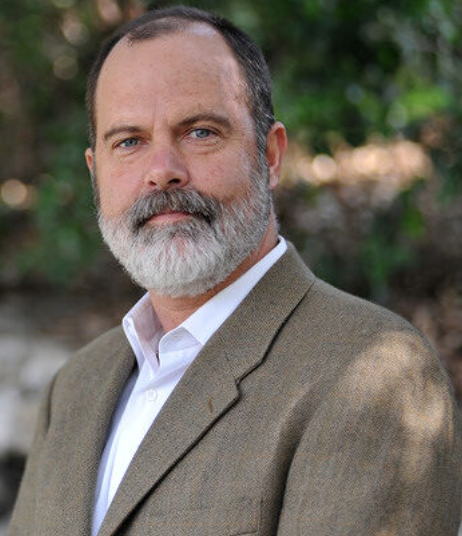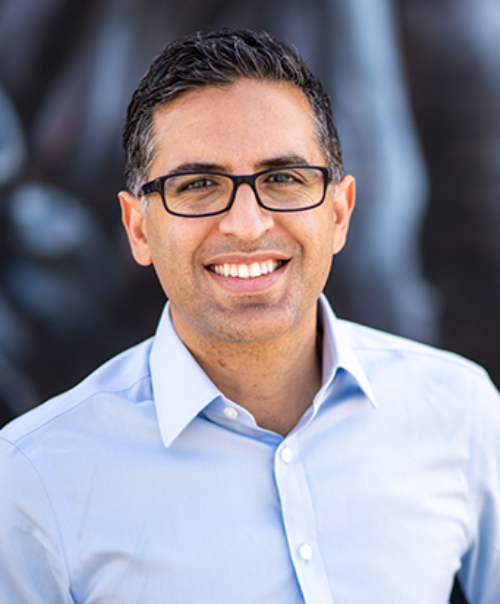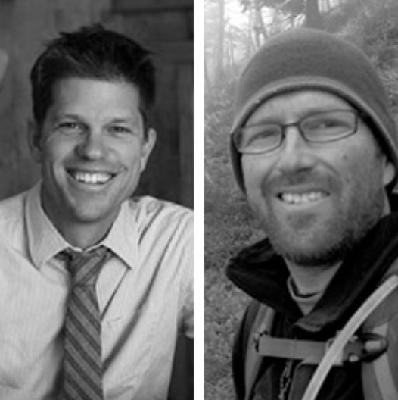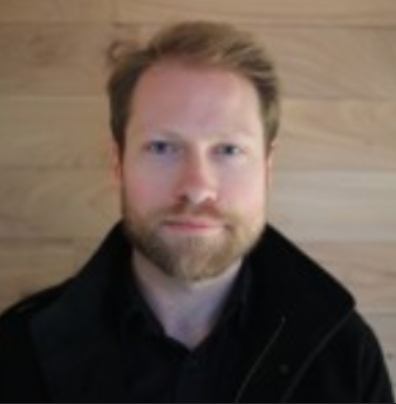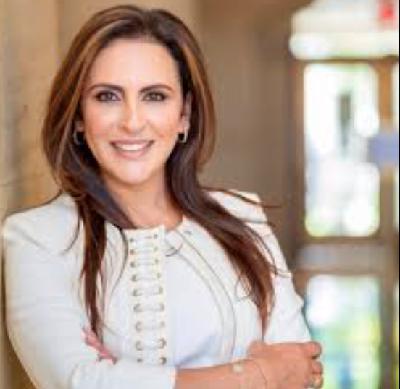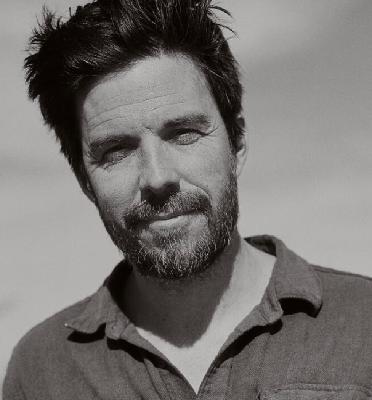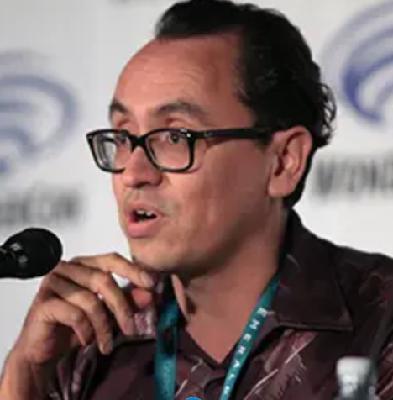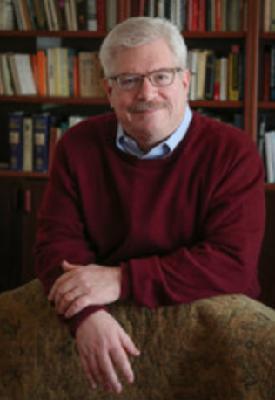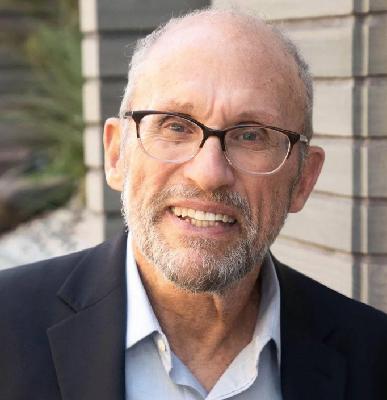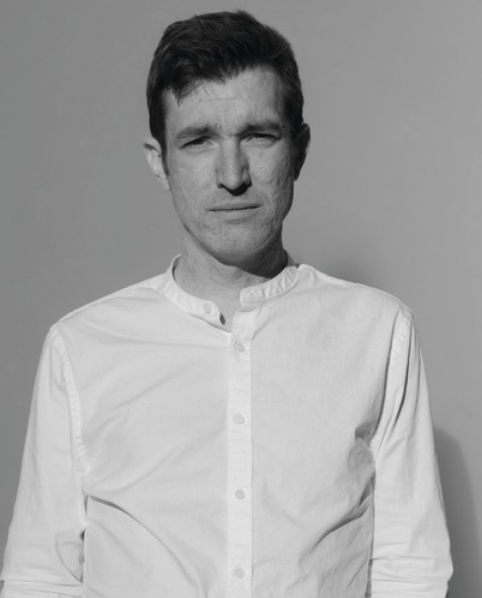Discover California Sun Podcast
California Sun Podcast

298 Episodes
Reverse
Tim Higgins discusses his new book "iWar," examining how one of California's corporate crown jewels, Apple, faces an unprecedented rebellion. Tech leaders such as Spotify's Daniel Ek and Epic's Tim Sweeney are waging a legal war over what they have portrayed as a shakedown operation — the 30% App Store cut that generates massive profits for Apple while stifling competition. As this battle imperils Apple's hold on the mobile world, the rise of artificial intelligence is threatening to potentially displace the smartphone era altogether.
Jeff Chang, in his new biography "Water Mirror Echo," explores how the short of life of Bruce Lee helped make Asian America. Born in San Francisco's Chinatown, Lee was denied the lead role in Warner Bros.'s 1970s TV series "Kung Fu," which was given instead to David Carradine in yellowface. Lee's collision with Hollywood rejection became a catalyst for his rise at a time of emergent Asian American political consciousness. Chang discusses how Lee became a global symbol of Asian American dignity, and how his legend has only grown in the decades since his death.
Satsuki Ina was born behind barbed wire at Tule Lake, where she became one of roughly 120,000 Japanese Americans incarcerated during World War II. Her parents, both U.S. citizens, lost their freedom and faith in America, leaving a legacy of silence and trauma. Today, as immigrant families are again separated and detained, Ina’s memoir "The Poet and the Silk Girl" chronicles her family's journey through California's network of assembly centers and permanent camps. It's a reminder, she says, that what happened then is not just history — it’s a warning about how easily such chapters of fear and racism repeat themselves.
Peter Jones turned his camera on his former classmates from the Harvard School for Boys, a former military academy for boys in Los Angeles, for his new documentary "Fortunate Sons," chronicling the lives of the 1974 graduating class through their 50th reunion. What started as pandemic Zoom calls became surprisingly honest conversations about addiction, suicide, and the pressure of living up to successful fathers. Jones discovered that wealth can't shield against every hardship, and that the men now in their 60s were finally ready to drop the macho act and talk about what really happened.
Eve Quesnel, author of the new book "Snow Fleas and Chickadees: Everyday Observations in the Sierra," joins us from her home in Truckee. For more than two decades, she's been paying close attention to the Sierra Nevada, finding evidence that "nature will show up" everywhere — even in urban cracks and sidewalks. Quesnel discusses making a conscious effort to step outside our digital distractions, the importance of knowing your neighborhood ecosystem, and how simple daily walks can transform our understanding of the natural world around us.
Jim Newton joins us to discuss his new book "Here Beside the Rising Tide," exploring how Jerry Garcia and the Grateful Dead emerged from 1960s California to become unlikely architects of America's counterculture. Newton reveals Garcia as a reluctant icon who feared leadership yet created a multigenerational community that thrives decades after his death. We explore the Dead's anti-commercial ethos, their role as cultural catalysts rather than political activists, and how their California values of freedom and authenticity continue to influence everything from music to tech culture.
Sam Yebri, a young Yale-educated labor attorney and board president of the civic organization Thrive LA, offers a stark assessment of Los Angeles's decline. Yerbi arrived as a refugee from Iran to L.A., where he has embodied the American dream in a city that has served as a beacon for immigrants and dreamers. But he paints a not-so hopeful picture of crime, homelessness, and corruption overwhelming the city. Yebri believes change is possible but requires new leadership and greater civic engagement.
Matt Ritter, a botany professor at Cal Poly San Luis Obispo, and Michael Kauffmann, a research plant ecologist, have written a new definitive guide to California's 95 native tree species, "California Trees." The authors discuss their field work across the state, from the rare conifers of the Klamath Mountains to the Joshua trees of the Southern California desert. They reveal how citizen science and new mapping techniques are documenting biodiversity hotspots, and how climate change and wildfires are rapidly reshaping California's forests.
Gene Seroka, executive director of the Port of Los Angeles, oversees a gateway that handles 20% of America's incoming cargo and powers one in nine jobs in Southern California. In this conversation, he reveals how the 7,500-acre complex serves as an economic bellwether, highlighting trends months before consumers feel them. From automation debates to tariff-induced cargo swings, Seroka explains how what happens at the port ripples through California's economy and shapes global trade.
Christopher Beam, in a recent New York Times investigation, reveals how a group of brilliant minds from Google, NASA, and the rationalist movement in Berkeley became part of a murderous cult-like group known as the "Zizians." He story recounts six deaths, from a blood-soaked Vallejo property to a fatal Vermont shootout. Unlike Charles Manson's dropouts, these tech elites weaponized artificial intelligence fears and rational thinking into deadly extremism, which was enabled by California’s tolerance for radical ideas.
Beverly Hills Mayor Sharona Nazarian fled Iran with her family during the revolution to escape religious persecution, learning English as her third language before building a career in clinical psychology. Now the first Iranian American woman to lead the city, she governs a diverse community where roughly 20% of the population trace its roots to Iran. As war unfolds in the Middle East, she's tells us how she's become the de facto voice of a diaspora caught between American dreams and a longing for peace in their homeland.
Josh Jackson, author of the new book "The Enduring Wild," found a hidden refuge in the mountains and prairies of California's 15 million acres of Bureau of Land Management lands. In times of crisis and uncertainty, we often turn to nature for solace and perspective. These overlooked "commons," dismissed as leftover lands too harsh for homesteaders and too ordinary for national parks, offer free camping, wildlife corridors, and democratic access to wilderness. They now face threats from proposed selloffs and budget cuts.
Gustavo Arellano, the longtime Los Angeles Times columnist and chronicler of the Latino community, brings his deeply personal perspective to the immigration crackdown unfolding in Los Angeles. He shares observations from the epicenter of protests that have drawn President Trump's National Guard deployment. Born to a Mexican father who snuck across the border as a teenager, Arellano's voice carries both the weight of historical context and the urgency of someone who sees his community under siege.
Michael Hiltzik, the author of "Golden State: The Making of California," examines five centuries from the Spanish conquistadors to Silicon Valley, challenging the enduring mythology that has shaped both California and America. Rather than offer another celebration of the California dream, Hiltzik reveals how the state has served as America's testing ground — where national ideals about opportunity, innovation, and reinvention were both realized and betrayed. The state's true history, he argues, provides essential insights into America's character and future.
Eleni Gastis, the journalism department chair at Oakland's Laney College, was shocked to discover that half her students weren't human. California's community colleges are under siege by sophisticated "ghost students" — bots designed to steal financial aid money. What started as a $3 million-a-year problem exploded to $13 million over the last 12 months, with fraudsters exploiting system vulnerabilities. Gastis is now leading the fight for transparency while teaching the next generation of journalists to navigate truth in an age of digital deception.
Matthew Specktor, in his new memoir "The Golden Hour," offers a unique perspective on Hollywood's transformation — as both the son of legendary talent agent Fred Specktor and a thoughtful cultural observer. He explores how the movie industry shifted from a close-knit "family business," where art and commerce balanced, to today's corporate-dominated landscape. Specktor reflects on how this mirrors broader American cultural changes, the diminishing role of movies in our collective imagination, and what's lost when filmmaking becomes primarily about algorithms and franchises rather than human stories.
Adam Nagourney, a veteran New York Times reporter based in Los Angeles, wrote recently about whether the California Dream had become a mirage. Even as the state has grown into the world's fourth-largest economy, the promise of reinvention that defined the Golden State feels increasingly elusive. As young people flee, wildfires destroy neighborhoods, and a hostile White House turns its back, Nagourney believes California is still resilient and capable of that dream.
Joe Kloc spent nine years immersed with Richardson Bay's "anchor-outs," a community living on abandoned vessels just offshore from multimillion-dollar Sausalito homes. In his book "Lost at Sea," Kloc chronicles their struggles against the authorities and residents who ultimately dismantled the century-old floating community. Kloc captures the anchor-outs' resilience amid displacement, exploring what happens when society pushes its most vulnerable members to the margins.
Laurie Kirby, the founder of FestForums, brings insider expertise on what makes music festivals succeed. She explores California's vibrant festival scene from Coachella and Stagecoach to BottleRock and Outside Lands, examining how these events reflect the state's economic trends and cultural influence. She discusses how California's festivals function as economic indicators of changing consumer habits and whether the state's market has reached saturation.


